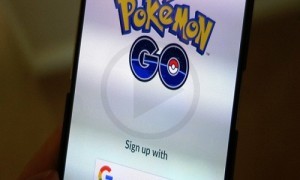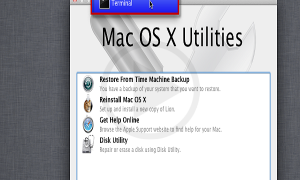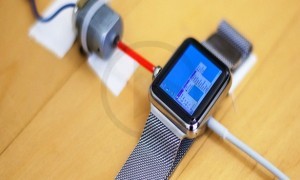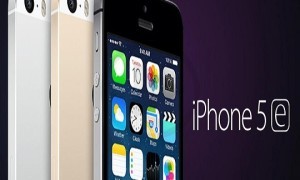Recently the US appeals court had passed a ruling which stated that in order to gain access to the location data of a cell phone, a warrant was not needed by the Law enforcements. They could obtain the information after getting the authorization directly from the wireless carriers. The long standing legal theory was the reason that made this particularly ruling possible.
The Richmond’s 4th US. Circuit Court of Appeals had given their vote in the favor of the decision. The so called issue was raised back in 2011 when in Baltimore there were a series of armed robberies that took place in and around. Two people were convicted ultimately as 221 days of data from the cell phone was secured by the police from Sprint which includes the location records of around 29,000. Diana Motz is the name of the judge who is said to be writing about the ruling claimed that the Fourth Amendment is not violated because of this decision. This is because the owners of cell phones are aware that their location data is being shared with their carrier.
In the point of argument Motz stated that in order to get a signal, if a person has to step outside, or in some cases the service is lost while stepping into places like an elevator, then the location does play a certain role on some level. Judge James Wynn, the lead dissenter countered the submission of their location information is not done actively by wireless customers. The results in the exemption of the data come from the sharing theory of third party. In April, a similar ruling was made by the 6th US Circuit Court of Appeal. Last year a review of a case was declined by the Supreme Court, this could eventually force the latter institution to weigh in given the challenges faced by the lower court.





























